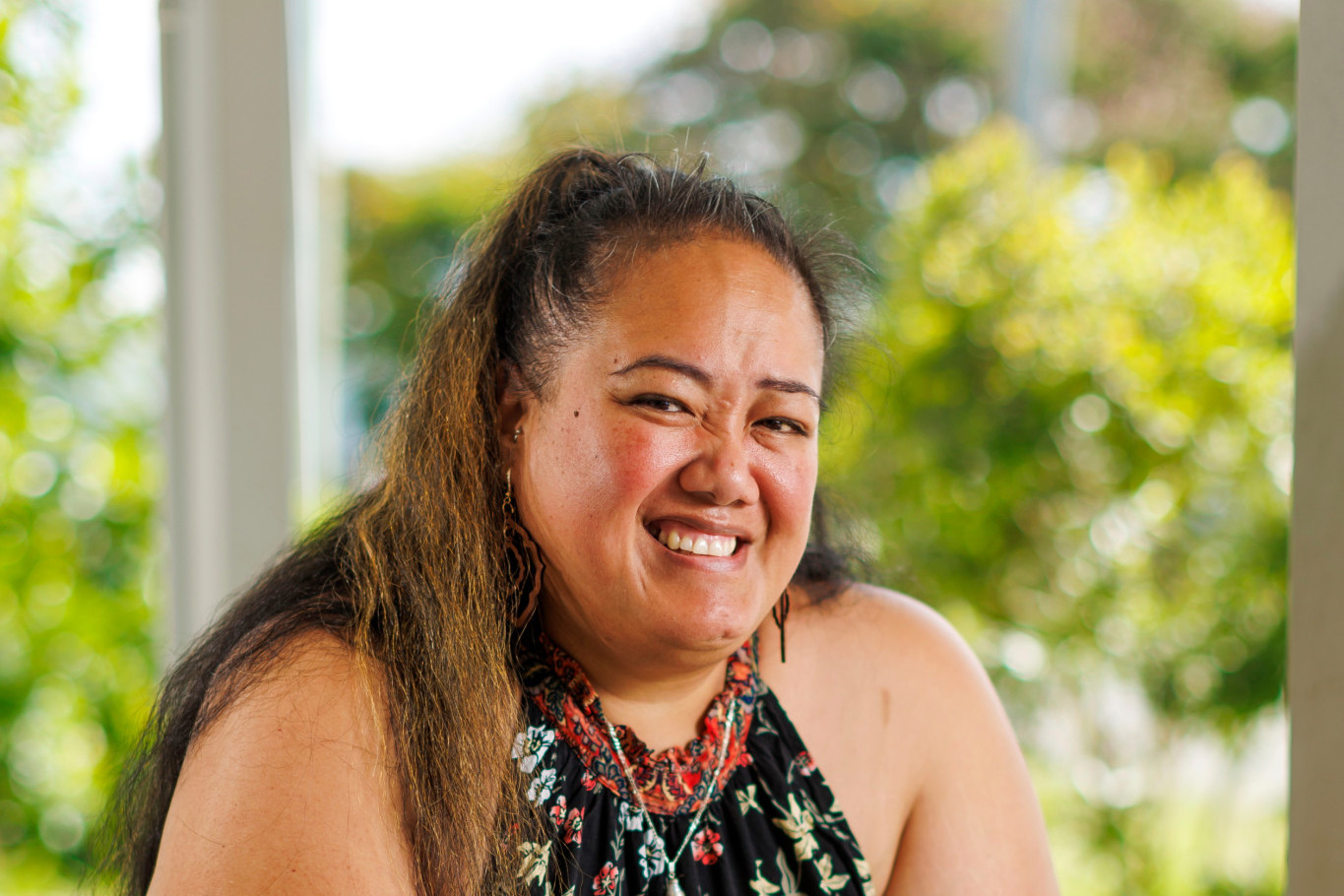News
1 August, 2024
Cancer warnings
Doctors are urging women to recognise the symptoms of endometrial cancer as cases are projected to surge by 50 per cent by 2040.

Last year, Australia saw an estimated 3,300 new cases, double the number recorded 20 years ago.
While mortality rates for ovarian and cervical cancers decline, endometrial cancer is the only gynaecological cancer with an increasing mortality rate.
At Mater’s Brisbane hospital campus, Queensland’s leading centre for women’s cancer care, doctors attribute this rise to modern lifestyles.
Each year, around 200 women undergo surgery at Mater for endometrial cancer.
Dr Nisha Jagasia, a gynaecological oncologist at Mater Private Hospital Brisbane, highlights that metabolic syndrome, a cluster of conditions including obesity, signifi cantly heightens the risk of endometrial cancer.
“Modern lifestyles contribute to higher obesity rates, a major health challenge,” said Dr Jagasia.
“A Body Mass Index (BMI) over 30 increases the risk of endometrial cancer up to six times compared to a BMI within the normal range of 18.5 to 25.”
She explained that oestrogen produced by fat tissue may trigger cancer in the endometrium, the uterus lining. Endometrial cancer has an 83 per cent five-year survival rate when detected early, though about 550 women die from it annually.
Treatment often involves surgery, such as hysterectomy, and for advanced cases, radiation and chemotherapy may be required.
Doctors stress the importance of seeking medical attention for symptoms such as post-menopausal bleeding, abnormal bleeding in younger women, pelvic pain and blood in urine.
Dr Jagasia said that endometrial cancer frequently affects premenopausal women with obesity-related conditions like Type 2 diabetes and high cholesterol.
“Endometrial cancer is highly curable but often occurs alongside other serious health threats,” she said.
“It should be a wakeup call to optimise health after treatment.”
Victoria Asirifi , 40, of Ellengrove, Brisbane, diagnosed with endometrial cancer in 2021, underscores this message. Weighing 200kg at the time, she experienced heavy bleeding for months before seeking help.
After hormone therapy and gastric sleeve surgery, she lost 60kg.
Dr Jagasia performed an open hysterectomy in April, preventing cancer spread.
“I wish I had known about the risk factors of obesity and endometrial cancer,” Ms Asirifi said.
“I hope my story helps others who might be unaware.

